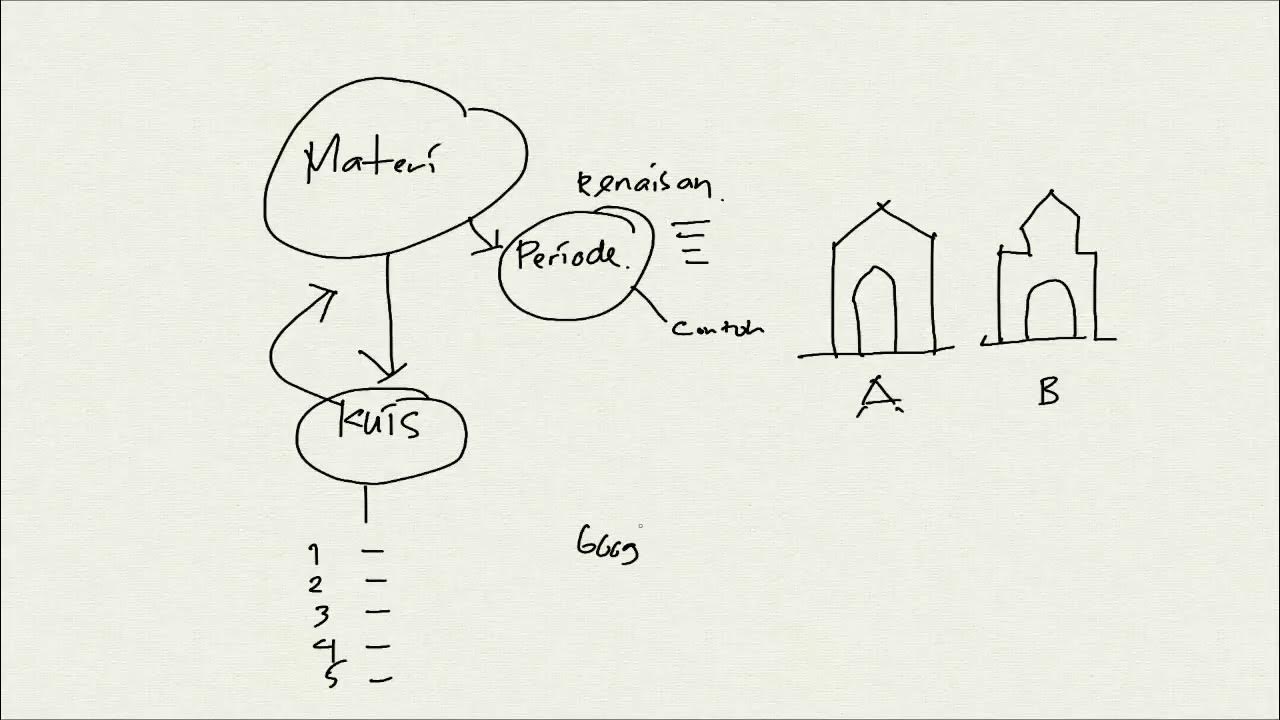Music History: Impressionism & Expressionism
Summary
TLDRThis final unit of the music history course at Educator.com delves into the 20th century, focusing on Impressionism and Expressionism. Impressionism, more renowned in visual arts, influenced music, notably through Claude Debussy. Debussy's style was shaped by the Paris World Fair, which introduced Eastern music, impacting Western composers and highlighting the significant role of world fairs in cultural and artistic exchanges.
Takeaways
- 🎓 The script is the last unit of a music history course, focusing on the 20th century.
- 🏛 Impressionism and Expressionism are the main topics of this lesson, with Impressionism being more famous in visual arts.
- 🖌️ Impressionism in music is characterized by a hazy, distant quality, similar to how things appear when viewed from afar.
- 🎼 Claude Debussy is a key composer associated with Impressionism in music, known for his diverse styles.
- 🌏 World Fairs, such as the Paris World Fair, played a significant role in influencing music and arts by exposing composers to various cultural influences.
- 🎵 Debussy was influenced by the music of the Far East, which he encountered at the World Fair.
- 🌐 The script suggests that 'isms' in the 20th century are labels for different methods of organizing sound or images in storytelling.
- 🎹 Debussy's impressionistic style was influenced by the music he heard from countries like Indonesia, China, Japan, and Korea.
- 🎷 The Paris World Fair specifically is highlighted as an event where Eastern music was performed and had an impact on Western composers.
- 📚 The script is part of an educational series, likely aimed at teaching the history and development of music in the 20th century.
- 🎧 The discussion on Impressionism in music serves as an introduction to the broader range of 'isms' that will be covered in the course.
Q & A
What is the main topic of the last unit of the course?
-The main topic of the last unit of the course is the 20th-century music, focusing on Impressionism and Expressionism.
Why is the term '20th century' considered misleading in the context of this course?
-The term '20th century' is misleading because it seems to only cover the years from January 1st, 1900 to December 31st, 1999, but the course discusses music and art movements that may not strictly fall within these dates.
What is Impressionism known for in the context of visual arts?
-Impressionism is known for its focus on capturing the visual impression of a scene, often characterized by short brush strokes and an emphasis on the effects of light and color.
How is Impressionism applied in music, according to the script?
-In music, Impressionism is applied to create a hazy, atmospheric quality, where the details are not clear up close but take shape when heard from a distance, similar to viewing an Impressionist painting.
Who is a notable composer associated with Impressionism in music?
-Claude Debussy is a major composer associated with Impressionism in music.
What influenced the Impressionistic style in Debussy's music?
-Debussy's Impressionistic style was influenced by the music of the Far East, which he was exposed to at the Paris World Fair.
What role did world fairs play in influencing music and arts in the 19th and early 20th centuries?
-World fairs played a significant role in influencing music and arts by bringing together various cultural influences from around the world, exposing composers and artists to new sounds and ideas.
Which countries' music was performed at the Paris World Fair mentioned in the script?
-Music from Indonesia, China, Japan, Korea, and other countries of the Far East was performed at the Paris World Fair.
How did the cultural influences from the Paris World Fair impact composers like Debussy?
-The cultural influences from the Paris World Fair, particularly the music of the Far East, had a profound impact on composers like Debussy, inspiring them to incorporate these new sounds into their own compositions.
What is the significance of the Paris World Fair in the development of Impressionism in music?
-The Paris World Fair was significant in the development of Impressionism in music as it exposed composers like Debussy to new musical styles and ideas, leading to the creation of a unique Impressionistic sound in their music.
How did the script describe the relationship between different 'isms' in the 20th century and the way they organize sound or images?
-The script described the different 'isms' in the 20th century as labels for various methods of organizing sound or images, telling stories, or character development in music and art.
Outlines

Cette section est réservée aux utilisateurs payants. Améliorez votre compte pour accéder à cette section.
Améliorer maintenantMindmap

Cette section est réservée aux utilisateurs payants. Améliorez votre compte pour accéder à cette section.
Améliorer maintenantKeywords

Cette section est réservée aux utilisateurs payants. Améliorez votre compte pour accéder à cette section.
Améliorer maintenantHighlights

Cette section est réservée aux utilisateurs payants. Améliorez votre compte pour accéder à cette section.
Améliorer maintenantTranscripts

Cette section est réservée aux utilisateurs payants. Améliorez votre compte pour accéder à cette section.
Améliorer maintenantVoir Plus de Vidéos Connexes

Crash Course Computer Science Preview

Rangkuman Materi PJOK SD Kelas 3 Semester 1

Curriculum,Exam pattern|Abroad MBBS|MBBS IN GEORGIA 🇬🇪 |#mbbsexams #mbbsingeorgia #georgia #tbilisi

How Does the Israeli Unit Behind the Hezbollah Attack Function? | Vantage with Palki Sharma

Program kuliah sejarah seni

Les confidences d'un passionné avec André-Carl Vachon
5.0 / 5 (0 votes)
